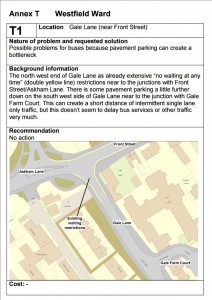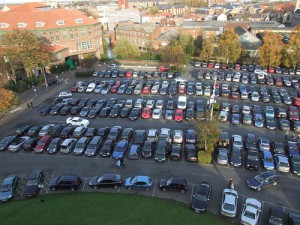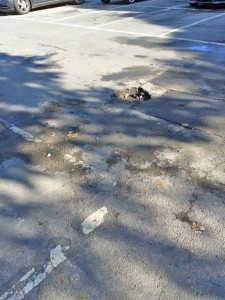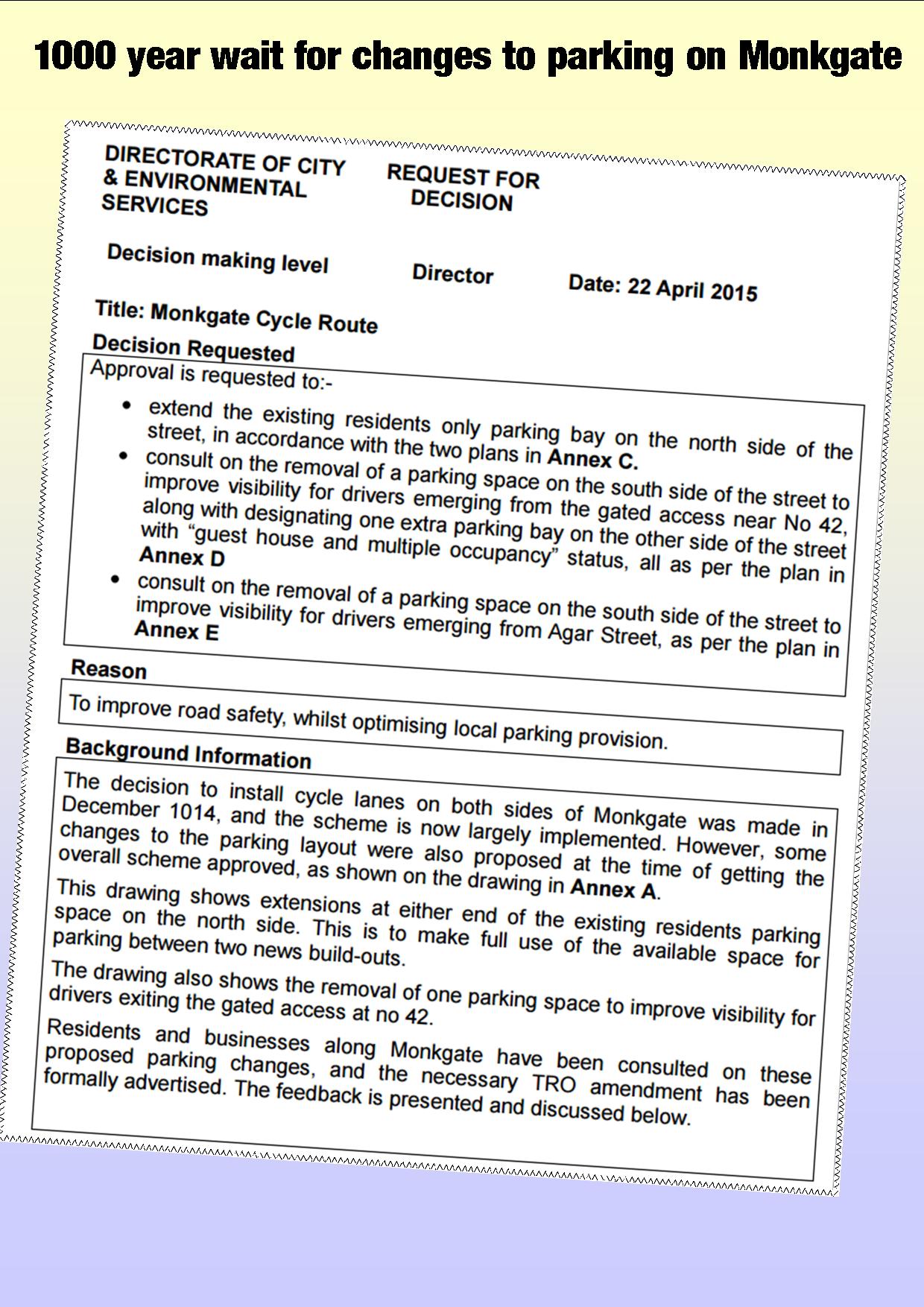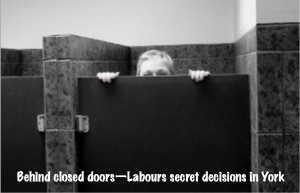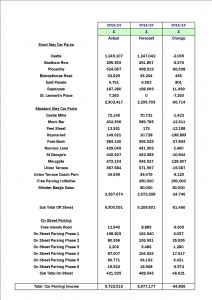Freedom of Information (FOI) response confirms that the former Labour Council did not record number of faults reported on the barrier equipment

Marygate car park
An FOI response has confirmed what many feared. The introduction of barrier controls at the Marygate car park has seen the number of drivers paying to park there reduce, resulting in a substantial fall in income.
- The income received by the Council in the 12 months since the barriers were installed has been £556,442,
- In the equivalent period, before the barriers replaced “pay and display”, income had been £672,547.
In the past the Council has used surplus income from parking to invest in the maintenance of highways infrastructure. If that income is no longer available then transport subsidies – for services as wide ranging as off peak bus services, car park maintenance and road repairs – will have to come direct from taxpayers.
In turn, this is likely to lead to a further fall in the funding available for other essential services.
The last Council was also criticised for selling off the Haymarket car park for a fraction of its real value. This move lost the Council another £200,000 a year in car parking income.
The reduced use of City centre car parks has, of course, been influenced by other factors. Charges have almost doubled during the last 4 years while successful additional park and ride facilities have been provided at Poppleton and Askham Bar.
But the failure of the Council to accept that the barrier system adopted or Marygate involved major reliability risks is a contributory factor.
It has also been revealed that the last Labour run Council did not record the number of faults reported on the Marygate equipment. Usually the barriers would “fail” in the open position effectively allowing free parking so it is perhaps not surprising that the Council has not received any compensation claims for mechanical failures.
Since May there have been seven occasions where barrier failures have occurred at Marygate.
In the same period a further seven faults have developed on the ticket issuing machines.
The Council has not retained records of how long it took to fix each fault. It does however say that the costs of repairs were covered by the suppliers warranty with “approximately £300 spent on spare parts”.
The change to barrier control was part of a trial aimed at removing the pressure on visitors to return to their cars before their “pay and display” ticket expired. However the introduction of “pay by text” effectively addressed this issue as drivers are now able to buy additional parking time remotely using their smart phones.
The £100,000 cost of making the change now looks to have been a major folly with the number of occupied parking spaces having actually fallen.


